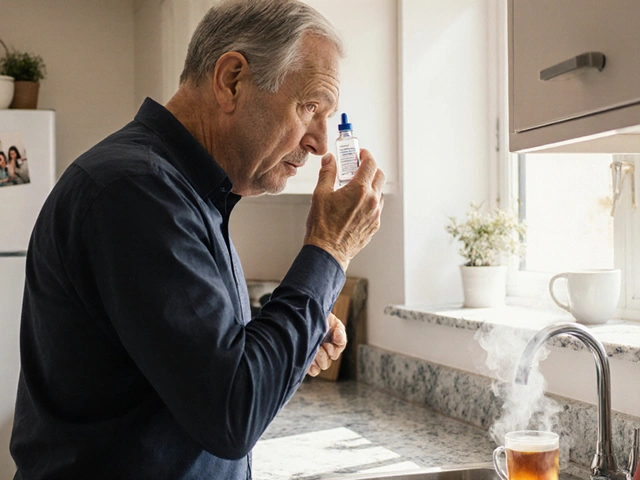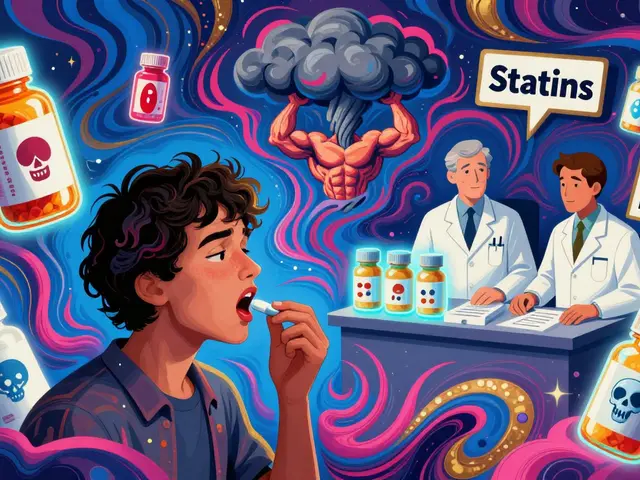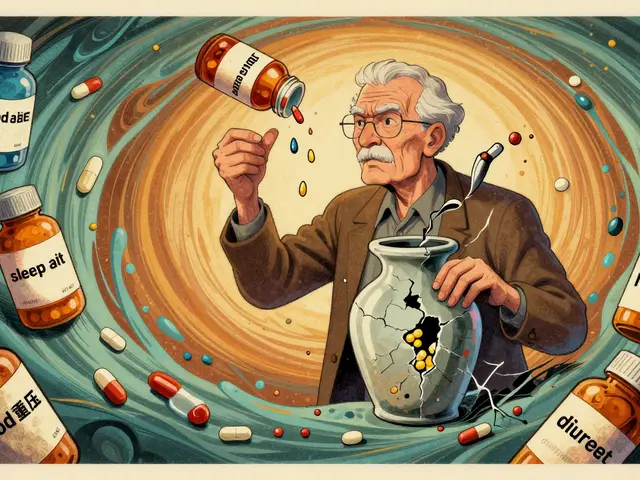
Hot Flashes Explained: What They Are and How to Tame Them
If you’ve ever felt a sudden wave of heat rush through your face and upper body, you’ve experienced a hot flash. They’re common during menopause, but they can also show up at other times when hormones shift. The good news is you don’t have to just ride them out – there are practical steps you can take right now to make them less intense.
Why Hot Flashes Happen
At the core, hot flashes are a response to changing estrogen levels. When estrogen drops, the body’s temperature‑control center in the brain (the hypothalamus) gets a bit confused. It thinks you’re too warm, so it tells blood vessels near the skin to open up, letting heat escape. That sudden rush of blood shows up as a flushed face, sweaty skin, and that unmistakable warm‑wave feeling.
Other factors can tip the balance too. Stress, caffeine, spicy food, and alcohol are known triggers. Even a warm room or tight clothing can set off a flash. Recognizing what sets you off is the first step toward control.
Everyday Strategies to Reduce Hot Flashes
1. Dress in layers. Light, breathable fabrics on the inside and a cardigan you can toss off make it easy to cool down quickly.
2. Stay cool at night. Keep your bedroom at 65‑68°F (18‑20°C), use a fan, and consider moisture‑wicking sheets. Night sweats often follow daytime flashes.
3. Watch what you eat. Cutting back on caffeine, alcohol, and very spicy meals can shave off several flashes a day for many people.
4. Mind your stress. Simple breathing exercises, short walks, or a few minutes of meditation can calm the nervous system, which often fuels flashes.
5. Stay active. Regular light‑to‑moderate exercise (like brisk walking or yoga) helps regulate hormones and improves overall temperature control.
6. Consider over‑the‑counter help. Some women find relief with soy isoflavones or black cohosh, but talk to a pharmacist or doctor before starting any supplement.
7. Talk to a health professional. If flashes are frequent, severe, or interrupt sleep, prescription options like low‑dose hormone therapy or certain antidepressants might be worth discussing.
Remember, each person’s experience is unique. You might need to combine a few of these tips to see real improvement.
Hot flashes are a sign that your body is adjusting. By understanding the why and adding a few everyday habits, you can dial down the heat and feel more in control of your day. Keep track of what works for you—write it down, tweak as needed, and don’t hesitate to ask a pharmacist or doctor for personalized advice.
-
4 Sep






